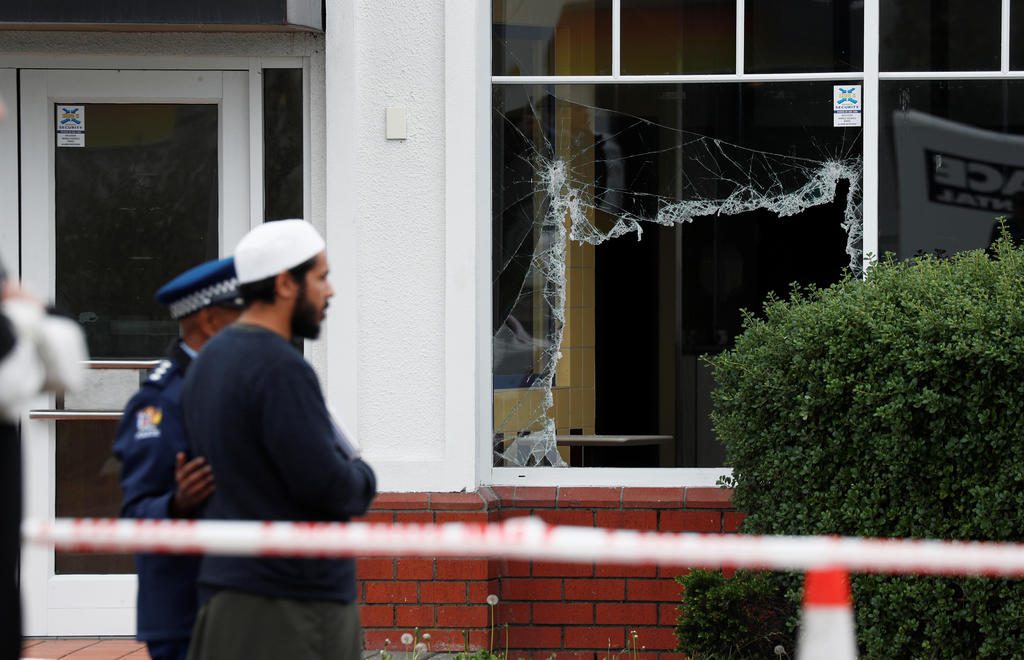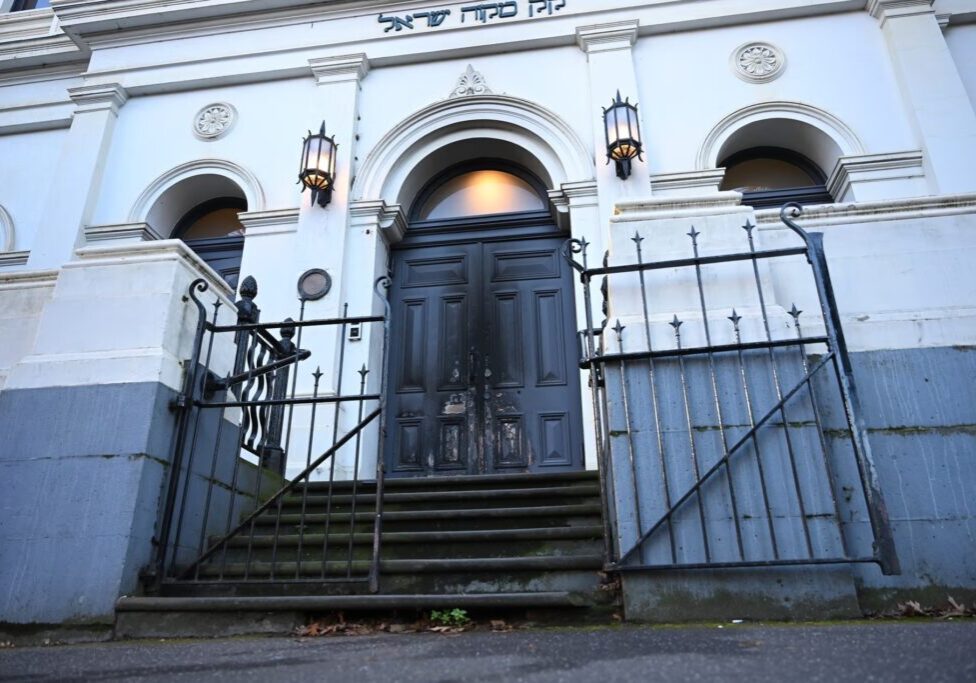Australia/Israel Review, Featured
Editorial: The consequences of online hate
Mar 26, 2019 | Colin Rubenstein

In November 2000, AIJAC, together with the Australian National University’s Freilich Foundation, co-sponsored the first conference in Australia on the potential danger of the nascent internet fuelling hate speech and empowering terrorist groups. What was then a potential concern has long since become a deadly reality.
In Christchurch, we have now seen yet another example of how hateful online extremism can foster horrific violence against innocent people. The world was rightly appalled by the white supremacist terrorist attack on March 15 against innocent Muslim worshippers in two different mosques during Friday prayers, resulting in 50 fatalities, with scores more seriously injured.
While most people and organisations swiftly and unequivocally condemned the atrocity and pledged sympathy and solidarity with its victims, their families, and the broader Muslim community, some, like independent Senator Fraser Anning, outrageously rationalised the attack with anti-Islam and anti-immigration rhetoric, while others politicised the moment to besmirch partisan opponents.
This heinous massacre and its aftermath recall many other terrorist attacks including the murder of 11 Jews at the Tree of Life Synagogue by a white supremacist in Pittsburgh last October.
The motivations in both these attacks revolved around the same conspiracy of “white genocide” or, as the Christchurch attacker dubbed his manifesto, “The Great Replacement,” in which immigrants, and especially Muslim immigrants, are viewed as an existential threat to some imagined “white collective.”
Neither of these attacks was the first against either Jews or Muslims, but both are among the worst to be committed by white supremacists in recent memory. Unfortunately, both have sparked some warped counter-productive responses. After the Tree of Life shooting, the conversation was quickly subsumed in many quarters by absurd discussions over who was really to blame – for some, it was the rhetoric of US President Donald Trump or even the policies of the Israeli Government towards the Palestinians!
Some fringe responses to Christchurch have also been appalling. For instance, in a viral video an activist accosted the daughter of former US President Bill Clinton, Chelsea, at a memorial for the victims, blaming her rhetoric for the massacre.
And what did Chelsea Clinton say to apparently cause this white supremacist to mass murder Muslims thousands of kilometres away? Well, she criticised the antisemitic tropes being uttered on an almost weekly basis by Muslim US Congresswoman Ilhan Omar.
Meanwhile, the Tree of Life congregation stands in solidarity with the Christchurch mosques, and has already raised substantial sums for the victims.
The Christchurch atrocity has at least resulted in constructive discussions about policy changes to better keep communities safe and to counter the ill effects of unconstrained, unregulated social media, about the need for enhanced gun control laws, and condemnations of anti-Muslim rhetoric.
Most importantly, the Christchurch terrorist’s ugly and nonsensical white supremacist ideology has been front and centre in discussing the causes of this attack and what to do about it.
Ideology should always be central in any discussion of terrorism, whether white supremacist or Islamist. Sadly, this has not always been the case. Particularly in the wake of Islamist terrorism, some have insisted on focussing on other causative factors and essentially tried to downplay, ignore or distract from the belief system that the terrorists themselves say motivated them.
Like most violent extremists, both white supremacist and Islamist terrorists act on the basis of belief systems that turn murderous attacks on innocent people into supposed acts of self-defence. The Christchurch mass murderer believed he was protecting the “white collective” from replacement by a hostile other. Similarly, Islamism involves a holistic worldview which sees all non-Muslims as inherently hostile to Muslims, and the international community of Muslims under concerted attack from the non-Muslim world.
There are no mitigating factors, be it poverty, bullying, or perceived discrimination, that can explain, much less justify, any terrorist attack against civilians. Only blinkered ideology can catapult generalised rage and feelings of inadequacy and alienation into murderous violence against innocent civilians, transformed by the murderer’s belief system into threatening, dehumanised enemies.
In the wake of Christchurch, both attempting to use the reality of white supremacist groups to downplay or marginalise the existence and ongoing threat of Islamist terrorism, or justifying white supremacy by citing Islamist terrorism are extremely debilitating and counter-productive approaches. While the case is overwhelming that our security services need to step up efforts to actively monitor and counter far-right extremists, any claim that this means they have been too focussed to date on Islamist violence is wrong-headed. We must find the resources and expertise to counter both challenges – and any other potential sources of terror.
As well, Australia must be looking to strengthen our arsenal of tools to combat the spread of hate. Effective measures like Section 18C of the Racial Discrimination Act, which AIJAC has long supported, designed to protect Australians from hate speech, racial vilification and group defamation, while still enabling robust protection for freedom of speech and intense public policy debate, appear more justified and necessary than ever.
One also hopes that Prime Minister Scott Morrison’s recent speech imploring us to “disagree better” and for more civil discourse will have some impact.
Former Prime Minister John Howard’s courageous leadership in introducing extensive gun control in 1996 is rightly an initiative New Zealand is emulating, as other nations should.
Cyber-space and social media are also frontiers in this battle. While not straightforward, the status quo is badly flawed and public policy makers must actively seek out better, innovative strategies and techniques to contain and reduce the online bigotry and hatred ultimately spawning atrocities like Christchurch.
Ideologies of hatred, in all their ugly guises, and the swamp of toxic speech and extremism, must be combated on all fronts by all decent people and governments if we are to have any chance of preventing the recurrence of further terrorist atrocities.
Tags: Australia, Far Right, Islamic Extremism, New Zealand, Terrorism






